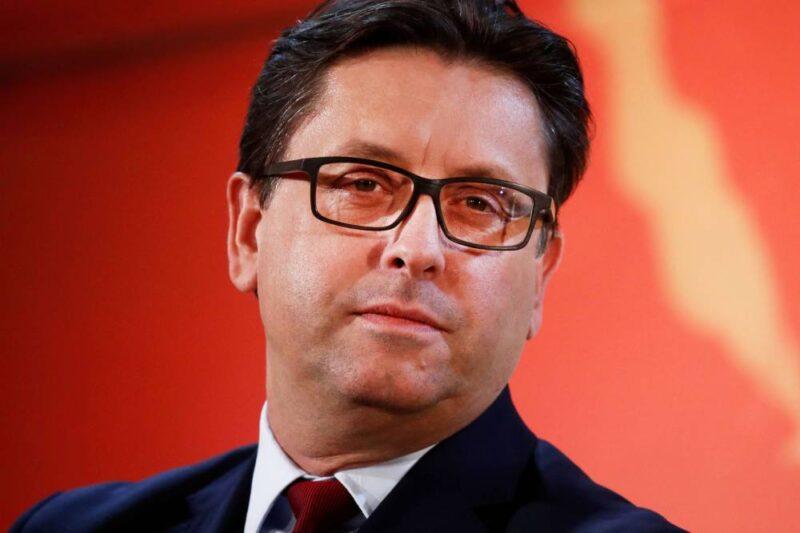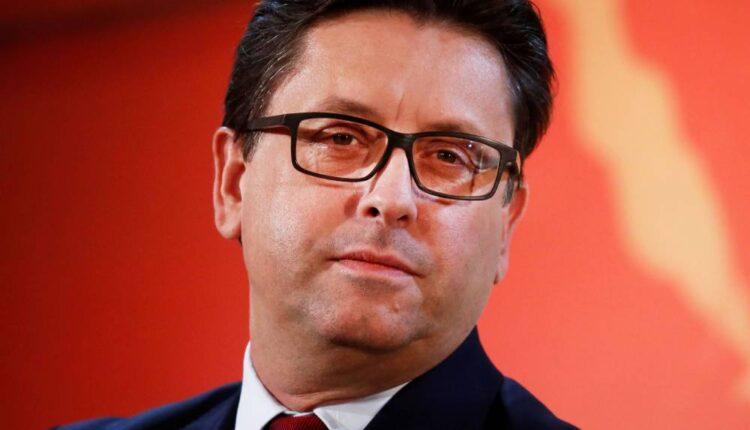
- French drugmaker Sanofi expects to produce up to 600 million doses of its coronavirus vaccine next year if its clinical trials with GSK go as planned.
- "We believe we're one of the few companies who will be able to make a vaccine at a huge scale," Sanofi CEO Paul Hudson says.
Sanofi CEO Paul Hudson, November 19, 2019.Gonzalo Fuentes | Reuters
French drugmaker Sanofi expects to produce up to 600 million doses of its coronavirus vaccine next year if its clinical trials with GSK go as planned, CEO Paul Hudson said Friday.
"We believe we're one of the few companies who will be able to make a vaccine at a huge scale," he said during an interview with CNBC's "Squawk Box."
Sanofi and GSK announced Tuesday that they entered an agreement to jointly create a Covid-19 vaccine by the end of next year. The companies plan to start clinical trials in the second half of 2020 and, if successful, make it available to the public by the second half of 2021.
Sanofi and GSK are one of several companies working on a potential vaccine to prevent Covid-19, which has sickened more than 2.1 million people worldwide and has killed at least 146,201 as of Friday morning, according to data compiled by Johns Hopkins University.
There are currently no therapies to treat Covid-19 and drugmakers are racing to produce a vaccine, which is expected to take 12 to 18 months.
Moderna, in partnership with the National Institutes of Health, an agency within the Department of Health and Human Services, began the first human trial testing for a potential vaccine to prevent Covid-19 in March.
Johnson & Johnson said it is aiming to produce between 600 million and 900 million doses of its potential coronavirus vaccine by the end of the first quarter of 2021 if human trials scheduled to begin in September go as planned.
Hudson said Friday getting the U.S. and other parts of the world "back to normal" will require a vaccine.
In the meantime, Sanofi is donating doses of hydroxychloroquine, a malaria drug touted by President Donald Trump as a potential treatment. The drug is in clinical trials examining its effectiveness in treating the coronavirus, but it is not a proven treatment yet.
Source: cnbc.com

